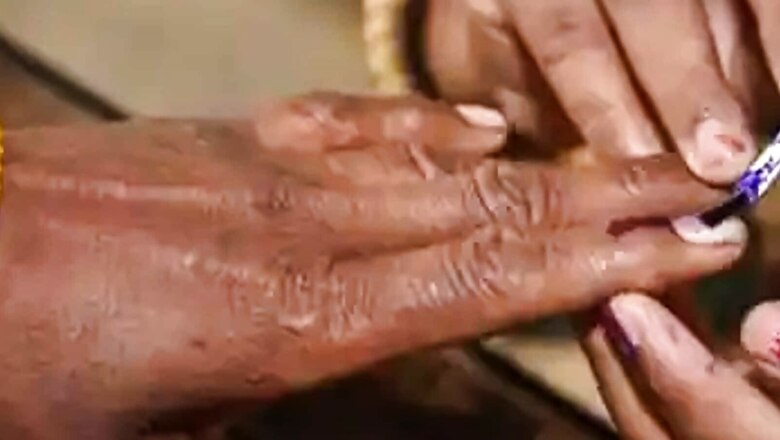
views
The Omicron variant of coronavirus, emanating from South Africa, has taken the world by storm. In the US, it spread very fast causing strain on hospital system. Especially worrying is the number of children getting infected, which as on December 23 stood at 199,000 in the US and is almost double the figure reported at the end of first week of December 2021. This created an impression that unvaccinated children, especially those under 5 years of age, were most vulnerable. However, total number of deaths of those under-18 in the US due to COVID-19 till November 2021 was 792. This new variant of coronavirus spreads rapidly and has already reached more than 20 countries and counting. However, most COVID cases in countries with high vaccination coverage were found with mild symptoms with only a small number needing hospitalisation.
South Africa has reported that Omicron peaked within a month of its emergence and is now heading south. Their prediction is that it may follow the same trajectory elsewhere, with a rider that a definite research-based forecast may take four more weeks. Another silver lining this time has been that most countries did not resort to panic lockdowns or other disruptive measures. In India, some states have resorted to only night curfew. But the troubling fact in India is that compliance of COVID regulations such as wearing masks, social distancing, avoiding large gatherings in closed spaces is not universally visible. This may lead to a tsunami of infections, especially among children, and an enormous increase in Omicron patients seeking hospitalisation because our vaccination programme for children is yet to take off.
In this backdrop and with our previous experience with compliance or more precisely non-compliance of COVID norms set out by the Election Commission of India (ECI) during election campaigns, we should examine the demand from certain quarters to postpone upcoming General Elections to the State Assemblies of Uttar Pradesh, Uttarakhand, Punjab, Goa and Manipur due in early part 2022.
The Election Commission has constitutional/legal mandate to conduct General Elections to State Legislatures and pave the way for constitution of a new House before the term of existing House comes to an end. If this mandate is not fulfilled in time, the House would not exist and the elected government would have to give way to President’s Rule, giving rise to political insinuations. Therefore, the Election Commission should be on a solid footing supported with empirical evidence that a real emergency was in place and elections could not have been conducted without risking human lives and especially putting children at risk of avoidable COVID infection with their parents returning from poll-related rallies or other poll-related work and likely acting as carriers.
The Election Commission of India did a great job in formulating easy to comply norms for public meetings, campaign rallies, polling and counting arrangements after studying the experience of South Korean elections held in April- May 2020, holding due consultation with all political parties and the Union Health Ministry and giving enough room for local variations to suit the local situations in districts with a clear mandate. However, compliance to these guidelines during poll campaigns was unsatisfactory. Subjective impressions after viewing TV reports on election rallies and public meetings during poll campaigns in Bihar, West Bengal, Kerala and Tamil Nadu in 2020-21 could be termed shocking.
However, empirical evidence of number of confirmed cases month-wise before, during and after elections from different states makes it absolutely clear that there was no abnormal rise in confirmed COVID cases in poll-gone states due to election activities. In fact, Maharashtra without any election continued to top the chart with figures as high as 60 lakh confirmed cases as of June 2021 with Karnataka (no election) at 28 lakh, Kerala 29 lakh, Tamil Nadu 24 lakh, and Delhi (no election) more than 14 lakh. West Bengal figures for June 2021 stood at 14 lakh.
I must caution here that trivialisation of Omicron or making out a case that spread of COVID infection is selective and not so much due to election-related activities is dangerous and must be avoided at all costs. We must always be on guard and must always try and improve our enforcement of COVID norms in all walks of life and human activity. “Jaan Hai To Jahan Hai” must be respected at all times. However, subjective impressions on this count should not be permitted to rule the roost, faced with the evidence pointing to other causative factors not being controlled or investigated thoroughly.
ALSO READ | Let People Deal with Curfews, Politicians Must Enjoy Feel-good Gatherings, Vanity Shows
I have faith in our Election Commission and their ability to gather scientific evidence from different state elections held during COVID times in the country and from elections which were held abroad in 124 countries (Report of International IDEA) during March 2020-December 2021 such as in Sri Lanka, Poland, Japan etc. Facts gathered on what were the norms for COVID prevention, what was the level of compliance and how does it compare with that of our elections should provide adequate assurance of success in taking a call on holding of forthcoming elections, the timing and the need for further tweaking of COVID protocols for campaign-related activities, conduct of polls and counting of votes.
There are demands for virtual campaigns for elections to avoid risks of Omicron spread. Election Commission may also take this as an opportunity to devise new and innovative means of campaigning, with special focus on people not connected or having access to virtual world/electronic media, after due consultation with all political parties.
The author is former Chief Election Commissioner. The views expressed in this article are those of the author and do not represent the stand of this publication.
Read all the Latest Opinions here













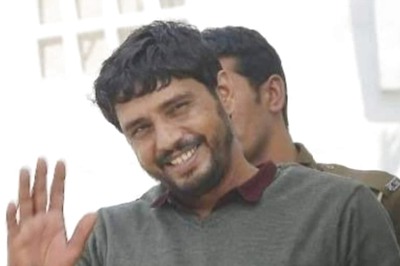
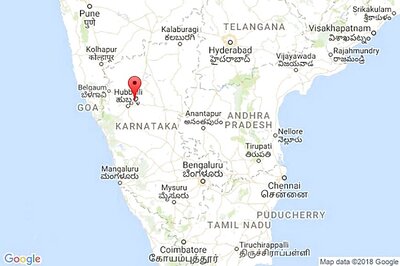

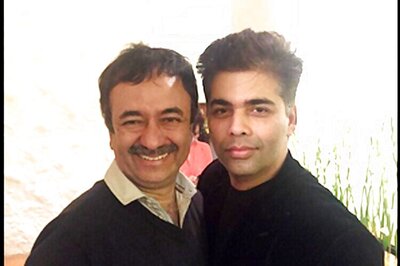
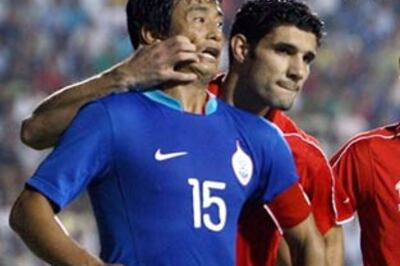
Comments
0 comment